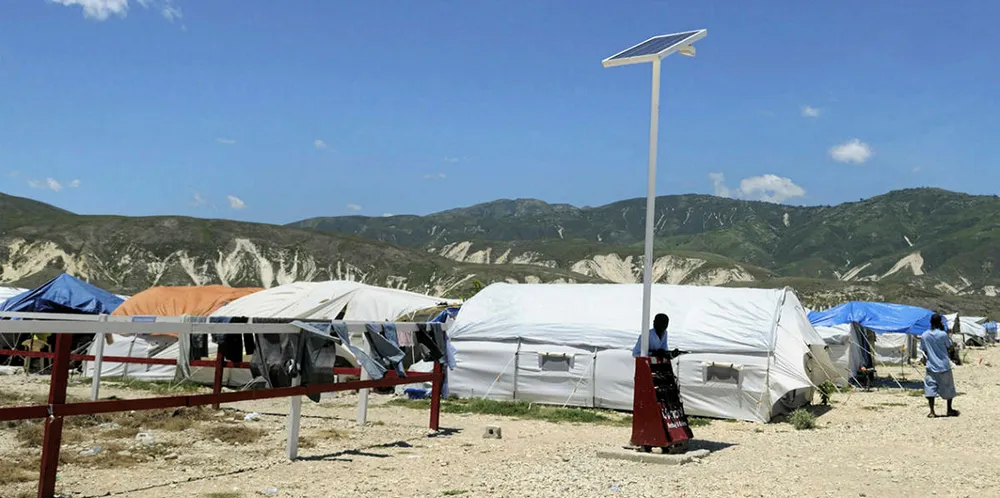Solar mini-grids key to 'humanitarian toolkit' at refugee camps: report
Irena-UNHCR study finds renewable energy could boost living standards for millions of displaced while reducing environmental impact of settlements

Irena-UNHCR study finds renewable energy could boost living standards for millions of displaced while reducing environmental impact of settlements
